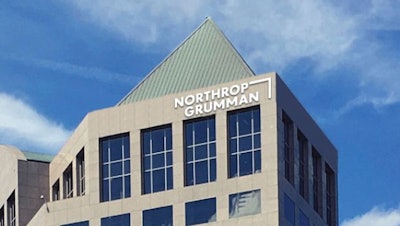
Northrop Grumman recently received a three-year, $197.5 million indefinite-delivery/indefinite-quantity contract from the U.S. Navy to continue manufacturing the FMU-139D/B fuze for the Navy, Air Force and multiple allied nations.
The FMU-139D/B is an electronic fuze system designed and developed to eliminate nearly all mechanical components and is the follow-on fuze to three legacy bomb fuzes: FMU-139 C/B, FMU-152 and FMU-143.
Most Read on IEN:
- Butcher Harvests Invasive Raccoons to Make Meatballs
- 1.3 Million Chickens Killed After Poultry Processor Goes Belly Up
- Rare Cars Found in Secret ‘Junkyard’ Sold for Millions
- PODCAST: Rivian's Safety Problems; Musk's 'Silly' EVs; Lilium Out of Money
Northrop Grumman makes the FMU-139D/B at the Allegany Ballistics Laboratory in West Virginia, using a unique process that is more than 70% automated.
According to the company, the bomb fuze is extremely effective in defeating enemy structures that require high-velocity impact performance.
 An FMU-139D/B fuze.Northrop Grumman
An FMU-139D/B fuze.Northrop Grumman
Electronic fuzes are designed with minimum moving mechanical components, significantly improving functional reliability in the most demanding target impact conditions. Over the past several years the Department of Defense has invested significant resources to perform more than 50 sled tests (crash tests) to ensure the FMU-139D/B meets and exceeds the required functionality to support the needs of the warfighter.
The contract also included options for D-1, D-2 and D-5 trainer fuzes and accessories for the FMU-139D/B.
According to Frank DeMauro, vice president of weapon systems at Northrop Grumman, that company has delivered some 100,000 of these fuzes.
Click here to subscribe to our daily newsletter featuring breaking manufacturing industry news.






















